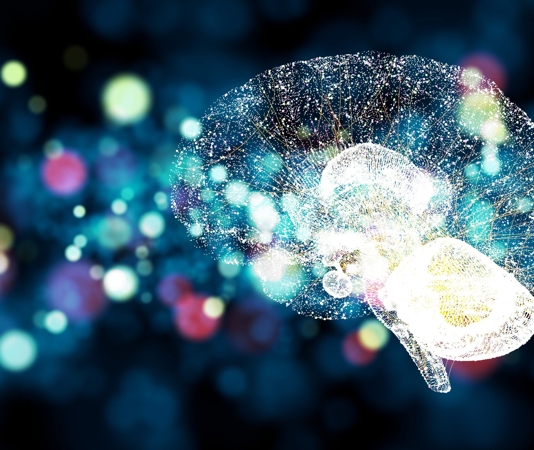Brain injury is one of the most frequent causes of death and disability worldwide. The most common causes of brain injury are trauma (traumatic brain injury; TBI) and cerebrovascular events (stroke). Most TBIs and strokes are classified as mild, but people who have sustained either type of brain injury at any severity may experience long-term cognitive, behavioral, psychological, and neurological deficits. Although the mechanisms of injury differ between mild TBI and minor stroke, the two injuries are thought to share similarly poor outcomes in overall wellbeing, mental health, and quality of life. However, no studies have yet attempted to directly compare these outcomes between mild TBI and minor stroke.
To fill this knowledge gap, a team of neurology experts investigated short- and long-term outcomes in 182 people with mild TBI and 48 people with minor stroke. Participants were assessed at 6 weeks after injury, and then at 3, 6, and 12 months after injury. All of the participants completed validated measures of anxiety and depression symptoms (Hospital Anxiety and Depression Scale; HADS), cognition (Checklist for Cognitive and Emotional Consequences of Stroke; CLCE-24) and quality of life in general (EuroQOL). Data analysis revealed that:
- All participants showed improvements during the first 6 months after injury, which stabilized at about 12 months.
- Participants with minor stroke reported higher anxiety on the HADS and showed less improvement in quality of life than those with mild TBI.
- Both groups experienced similar rates of depression and cognitive problems.
- The proportion of participants who reported any persistent psychosocial problems during the study period was equivalent between both groups.
Based on these results, the researchers concluded that mild TBI and minor stroke share comparable psychosocial outcomes in the year after brain injury. This suggests that interventions and rehabilitation strategies for people with mild TBI could be effectively translated for people with minor stroke (and vice versa), especially those that focus on anxiety, depression, and cognitive symptoms. Further research should aim to identify shared mechanisms of injury that may underlie similar outcomes in both conditions.
Verbene DPJ, Ponds RWHM, Kroese MEAL, et al. Long-term psychosocial outcome folloing mild traumatic brain injury and minor stroke: A direct longitudinal comparison. Journal of Neurology. (June 2021).

